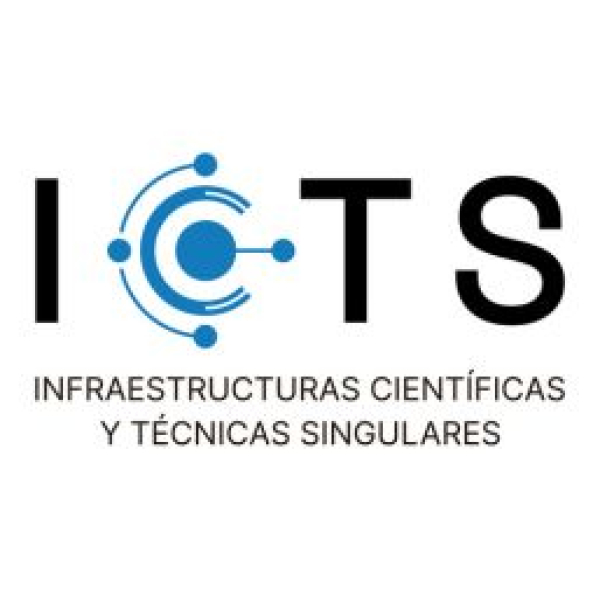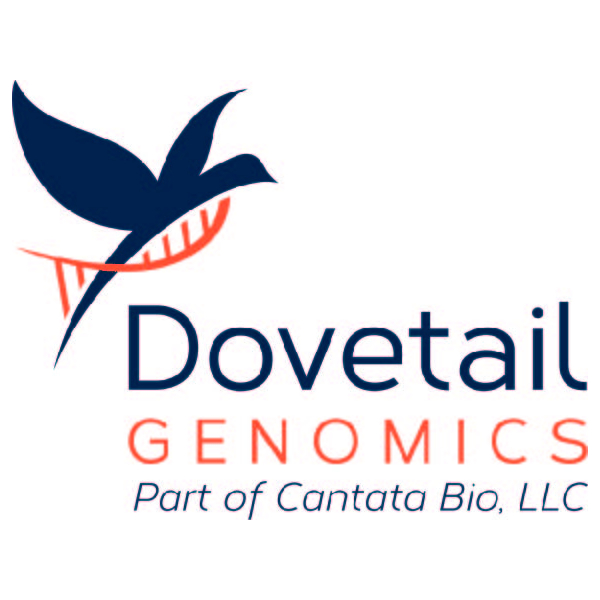BCN, 16 July 2018.- Researchers at the Centro Nacional de Análisis Genómico (CNAG-CRG) participated in a study on Congenital Myasthenic Syndrome (CMS), a heterogeneous disorder causing fatigable muscle weakness. Hanns Lochmüller, visiting scientist at the CNAG-CRG, and former coordinator of the EU funded project RD-Connect, led the study.
The research included whole exome sequencing and analysis of four patients that were previously undiagnosed. Sequencing was performed at CNAG-CRG within the 2016 BBMRI-LPC (Biobanking and Biomolecular Resources Research Infrastructure – Large Prospective Cohorts) Whole Exome Sequencing Call.
The data analysis was undertaken using the RD-Connect Genome-Phenome Analysis Platform, developed and hosted at the CNAG-CRG. This tool securely integrates -omics data with clinical information, providing not only a centralized data repository but also a sophisticated and user-friendly online analysis system. The study identified the genotype-phenotype relationship between the MuSK gene and CMS. Patients as far afield as Brasil and India can now receive effective drug treatment tailored to their molecular diagnosis.
This data refining the CMS phenotype is now in the RD-Connect Genome-Phenome Analysis Platform. The RD-Connect Genome-Phenome Analysis Platform enables researchers and clinicians to compare findings on their patients with other patients. The platform already includes genomic data from several thousand patients and has over 400 users from different 170 groups, and expects to receive more than 20,000 datasets in the next 18 months via Solve-RD (“solving the unsolved”), European Reference Networks, and the European Joint Cofund for Rare Diseases.
Work of reference
Recessive variants of MuSK are associated with late onset CMS and predominant limb girdle weakness











